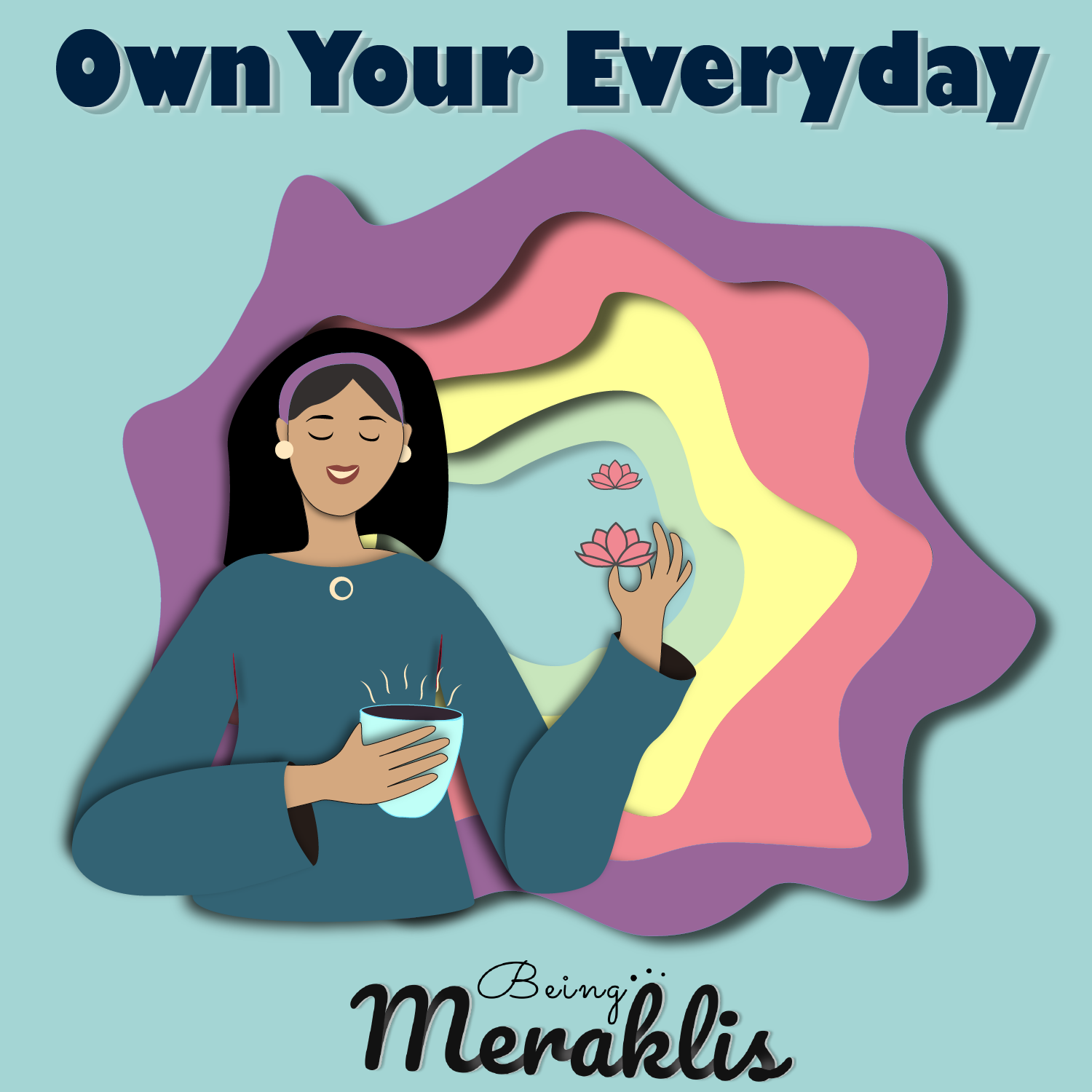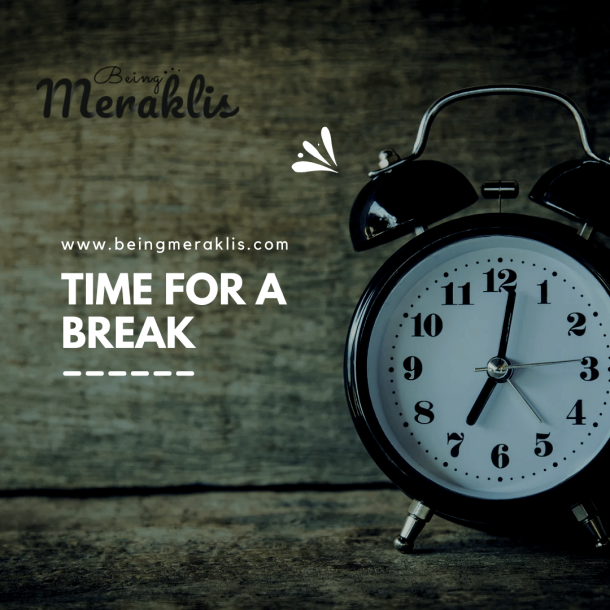Ep 92 – The problem of plenty and how choice overwhelms us

Do you get overwhelmed and experience action paralysis when faced with too many options? If that’s you, this series of 2 episodes will give you some tips on understanding overchoice and navigating the problem of plenty.
Hello and welcome back to a brand new episode on the Own Your Everyday series. I’m your host and self-awareness coach Shwetha Sivaraman. This is the second episode in a short series of 2 episodes. In the previous episode, we spoke all about overchoice, the many problems that come with it. In today’s episode, we will directly jump in to the 5 strategies to overcome the problem of plenty.
These are some strategies I’ve used for myself and my clients to help ease the burden of choice, and I hope they help you get some clarity on what’s suitable for you:
5 strategies to navigate over choice in careers
#Strategy1 Elimination: Make a list of non-negotiables and eliminate options that don’t meet the cut.
The simplest way to manage choice overload is to reduce the number of options in the running. Spending time to get clarity in knowing what you don’t want can help eliminate options that are not an option for you.
Go back in time to identify parameters to help you determine what you don’t want. Explore all the roles you’ve held over the years in your careers and list down things that are non-negotiable to you. It could be as straightforward as no working Saturdays to something vague and ambiguous as wanting to work in a tech-first or forward-looking industry.
#Strategy2 Self-awareness – Expand self-knowledge to identify your core values and beliefs
The choice overload we face in our careers is not just about “What’s right?” but “What’s right for us?” For us, is the critical variable.
We are unique, and our values, beliefs, internal drivers are different from others and directly influence whether a career trajectory is good for us. Spending time understanding ourselves and identifying our core values and beliefs can help us select what’s suitable for us.
For example, say you are passionate about conserving and preserving the environment. Even if you’re offered the best role in an Oil and Gas Company that’s infamous for its sheer lack of planet consciousness is not an option cause it’s not aligned with your core beliefs or values.
Identifying our values helps us choose career transitions that are aligned to who we truly are.
#Strategy3 Experimentation – Try your hand at many things to know what fits
You cannot know something unless you’ve experimented with something.
For example, you might be passionate about baking and want to create a venture around your baking skills. But if you’ve never tried to market or promote your baking products, you’ll never know if that works for you.
You don’t have to quit your current position to experiment. Pick up career alternatives you’d like to experiment with and do it pro-bono when you have time to spare or on weekends. By doing it pro Bono, there’s no conflict of interest with your full-time job, and by doing it in your spare time, it won’t affect your job performance.
Experimenting will give you data points that no hypothetical examination of choices and can help make better decisions in the long run.
#Strategy4 Retrospection – Shift your timeline to 10 years from now and explore how you’d want to have navigated this dilemma
Often our current perspective is limited, narrow, and restricted to what we know today. Shifting the timeline to 10 or 20 years from now and looking back and help us reflect with a fresh pair of lenses.
When I do this with my clients, an overlooked or undervalued variable suddenly comes into the picture that tips the scales favourably or against some choices.
For example, today, wealth and job titles might seem the most valuable parameter. Reflecting from a longer-term perspective might make an individual realise that a career is just one part of life. Having a work-life balance that allows sufficient quality time with family will be more critical in the long run. Such clarity speeds up the process and improves the quality of decisions.
#Strategy5 Concede – Come to terms with the fact that there will always be an unlived life
Life is a trade-off. We have limited resources (time, energy, money) and innumerable ways to spend them. So any decision we make, anything we say yes to, means we say no to all the other equally attractive options.
The word decide is derived from the Latin word “decidere”, which means to cut off or slice away alternatives. So the act of deciding is to reject possible options.
As an ambitious high achiever, I’ve often found myself wanting it all. I believed that if I were more productive more efficient, I’d be able to do it all. But that’s just us trying to fool ourselves and avoid facing the inevitable truth of our lives that we are constrained by time, energy, and resources, and cannot have it all no matter what.
So here’s your own your everyday tip for the week: Take the choice and make it right
We can overcomplicate the process of making a choice as much as we want, but the truth is that there is no right or wrong decision in life. Every decision we make takes us on a unique journey and what we make of it is in our hands.
As I always say, “There is no right or wrong answer. You take a decision and make it right.”
Here’s your invitation to stop being paralysed by choice overload and make the best career decisions to have a fulfilling and enriching professional career.



